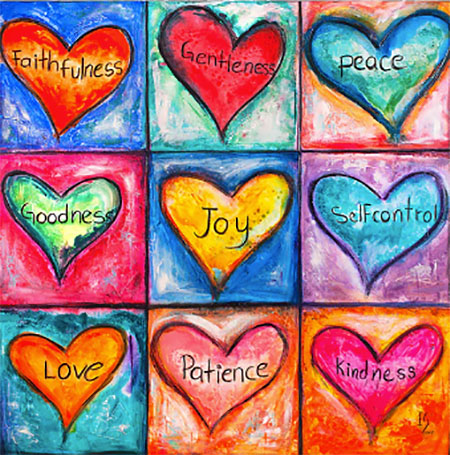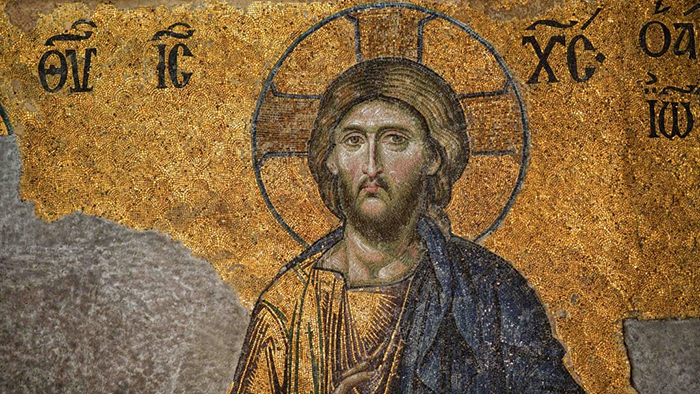
Few expressions so succinctly summarize what is asked of us as Christians, as does the expression: “to live in the Spirit.” We are living in the spirit when, in our lives, there is “love, joy, peace, patience, kindness, generosity, faithfulness, gentleness, self-control.” The Holy Spirit, as classically defined in theology, is “the love between the God and Christ, the Father and the Son.” Fr. Rolheiser writes that it is in meditating on this concept that we come to some understanding of what it means to live in the Spirit. Imagine a man and a woman who are deeply, passionately, and completely in love. What will characterize their relationship? Constant giving and receiving, resulting in an ever-deeper relationship and an ever-intensifying gratitude – which will leave them both, daily, feeling ever more mellow, joyful, peaceful, mild, patient, chaste, and wanting to reach out and share with others what is so quickening in their own lives. Moreover, their love for each other will create an ambiance, a climate, and an atmosphere of charity, joy, peace, patience, mildness, and chastity. The movement of giving and receiving in gratitude between them will create a warm heart where others will spontaneously come to seek warmth in a world that offers too little peace, patience, joy, and the like. Such a relationship can be a modest indicator of what happens in the Trinity, of how the Father and the Son generate the Spirit, and what results from this generation.
(1) The Father constantly creates and gives life.
(2) The Son receives life from the Father and gives it back in gratitude.
(3) This then (as is true in all relationships wherein the gift is received lovingly) makes it possible for the Father to give even more to the Son.
(4) As this flow of life, this giving and receiving, goes on, gratitude intensifies, and an energy, a spirit, the Holy Spirit, is created.
(5) This Spirit, since it is generated by gratitude, naturally is a Spirit of charity, joy, peace, patience, goodness, long-suffering, mildness, faith, and chastity. It is then also true that a spirit is naturally incompatible with idolatry, adultery, violence, gossip, factionalism, jealousy, rage, and infidelity.
When we meditate on how the Holy Spirit is generated, we are under less illusion as to what it means to live in the Spirit.









